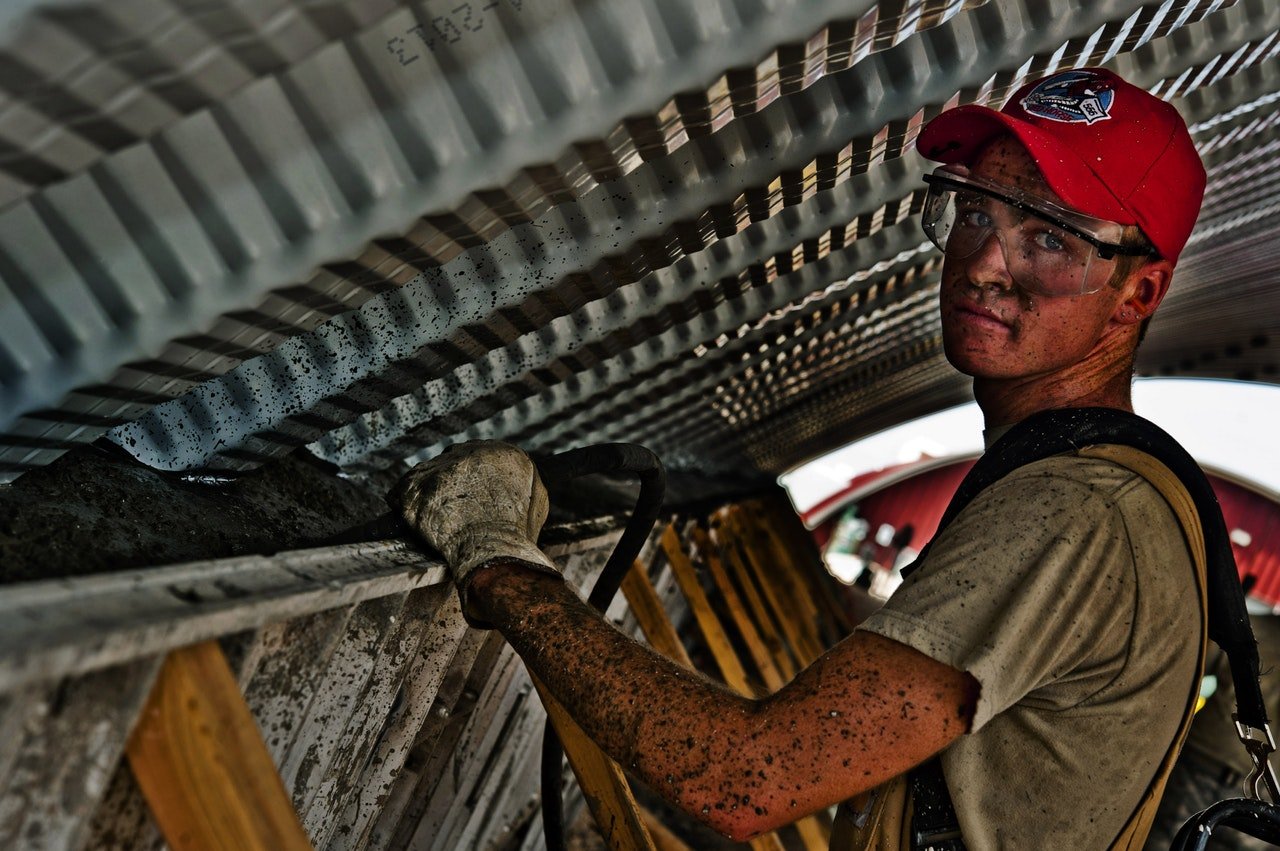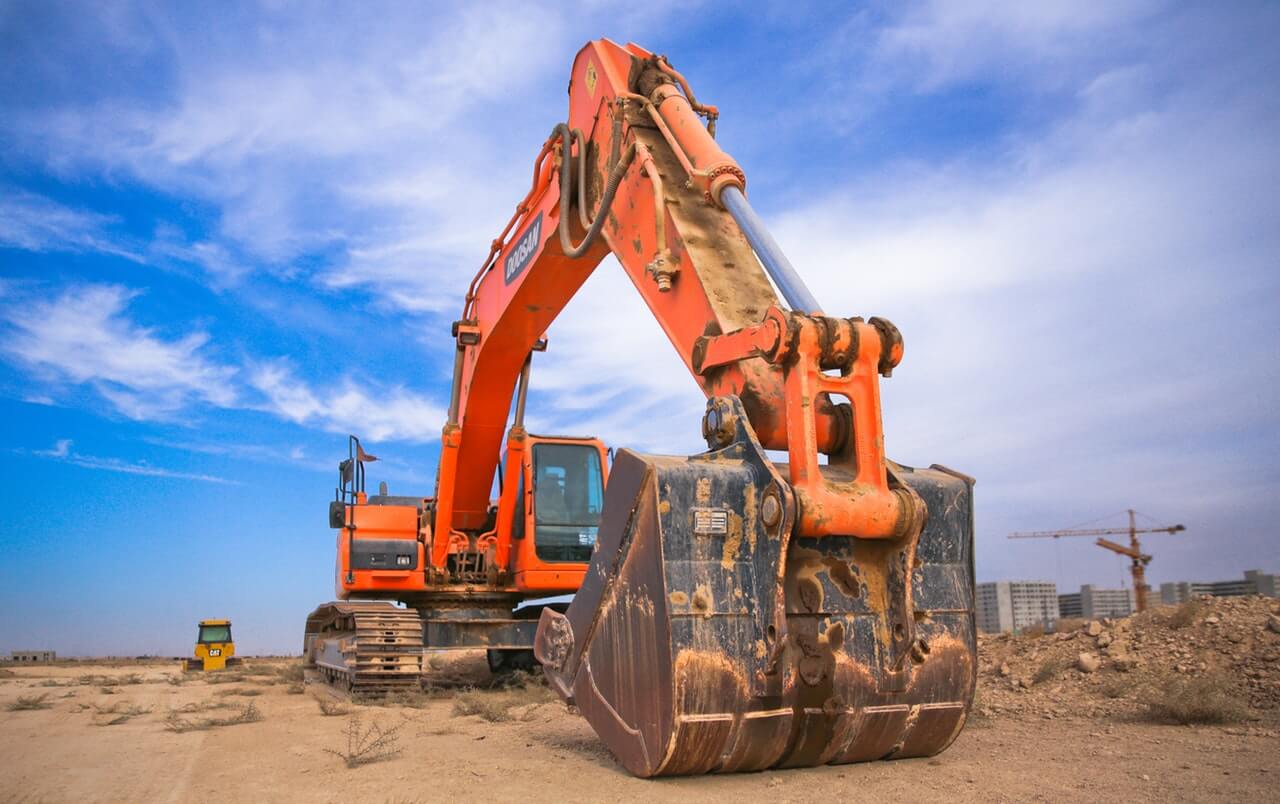Business
How the sharing economy impacts construction
The sharing economy is extending beyond consumer goods and services to impact the construction industry, but how will it change?

Trends in the consumer economy, such as the sharing economy, also affect other trades, including construction. The future of all industries is tied to ease of obtaining services and lowering costs. In today’s construction industry, that means adopting practices from the sharing economy to make equipment and labor use cheaper with less liability.
What the sharing economy means for construction
The sharing economy brings buyers together in a common market to purchase the goods and services they need. For consumers, this may mean finding rooms through Airbnb or finding a ride with Lyft or Uber. Rental sites allow people from around the world to access local services. Another driver of those services are the workers who provide them. These small jobs, which often supplement income, are known as gigs, and the people who take them are sharing their work in a system that serves people who need their services.
In the construction industry, sharing means renting equipment or personnel from a sole source for use on a project. Using one source for construction project resources lowers transaction costs, reducing the bottom line. Though this has the advantage of lowering overhead, it does have inherent problems that industry members must prepare for.
Labor sharing
Labor sharing for construction has long been a staple of the industry. Many job sites use temporary laborers to finish the project. The problem with this habit is the lack of insurance and certification of these workers. Faber is a sharing platform that seeks to change this. It uses ratings for contractors and licensed workers to connect the best people with project managers. Thanks to insurance and licensing of the workers on the platform, contractors can be assured their liability is limited while avoiding the higher costs of hiring full-time employees.
Equipment rental
Equipment rental is another area where the sharing economy is taking over the construction industry. Renting equipment is a more cost-effective means of using machinery that would otherwise sit on the site 70 percent of the time. Depending on the project and the machinery used, maintenance could account for up to 25 percent of the project cost.

The sharing economy is taking over equipment rental as it is a more cost-effective means of using machinery. (Source)
Renting equipment solves the problem of big machines sitting unused on-site while they accumulate working hours for maintaining them. Additionally, equipment rental companies offer support and transportation for the equipment used. Companies leasing anything from backhoes to air compressors can immediately deduct the rental cost on their taxes. In some cases, taking an immediate deduction on a rental could be more beneficial than deducting the cost of purchasing construction equipment over several years.
How to adapt to the future
If you currently own equipment, you can get into the sharing economy, too. Like the way Uber drivers use their cars, equipment owners can rent out their construction equipment to contractors. The iPad app Getable connects contractors with equipment owners in their area to arrange rentals. If you own equipment and want to rent it out, you’ll need to compete with rental companies that offer maintenance and support with each transaction. Doing so can net you some money for the upkeep of your construction equipment.
Additionally, you can deny rentals when you need to use the machine for your projects. It’s a way to make the sharing economy make money for you.
Get ready for a construction revolution
The construction revolution is here. You need to be ready to take advantage of central markets for workers and equipment. If you own equipment, you may find a lucrative business renting it out or selling it at the end of its life and renting equipment to use on your future projects.
Are you ready for your next construction projects? The sharing economy is here, and technology will help you embrace it for all your projects.
—
DISCLAIMER: This article expresses my own ideas and opinions. Any information I have shared are from sources that I believe to be reliable and accurate. I did not receive any financial compensation in writing this post, nor do I own any shares in any company I’ve mentioned. I encourage any reader to do their own diligent research first before making any investment decisions.

-

 Business2 weeks ago
Business2 weeks agoTopRanked.io Weekly Affiliate Digest: What’s Hot in Affiliate Marketing [Best Technology Affiliate Programs]
-

 Business7 days ago
Business7 days ago2.5 Billion People Watch Quiz Shows Every Day. Masters of Trivia (MOT) Is Letting Them Compete
-

 Crypto2 weeks ago
Crypto2 weeks agoBitcoin Steady Near $68K as ETF Outflows and Institutional Moves Shape Crypto Markets
-

 Crypto2 days ago
Crypto2 days agoMiddle East Tensions Shake Crypto as Bitcoin and Ethereum Slip
![Kevin Harrington - 1.5 Minutes to a Lifetime of Wealth [OTC: RSTN]](https://born2invest.com/wp-content/uploads/2023/12/kevin-harrington-400x240.jpg)
![Kevin Harrington - 1.5 Minutes to a Lifetime of Wealth [OTC: RSTN]](https://born2invest.com/wp-content/uploads/2023/12/kevin-harrington-80x80.jpg)























You must be logged in to post a comment Login